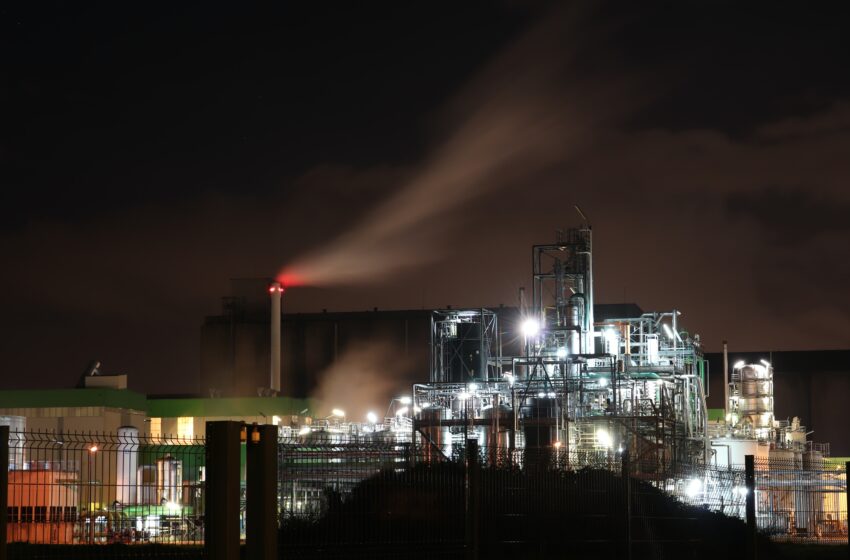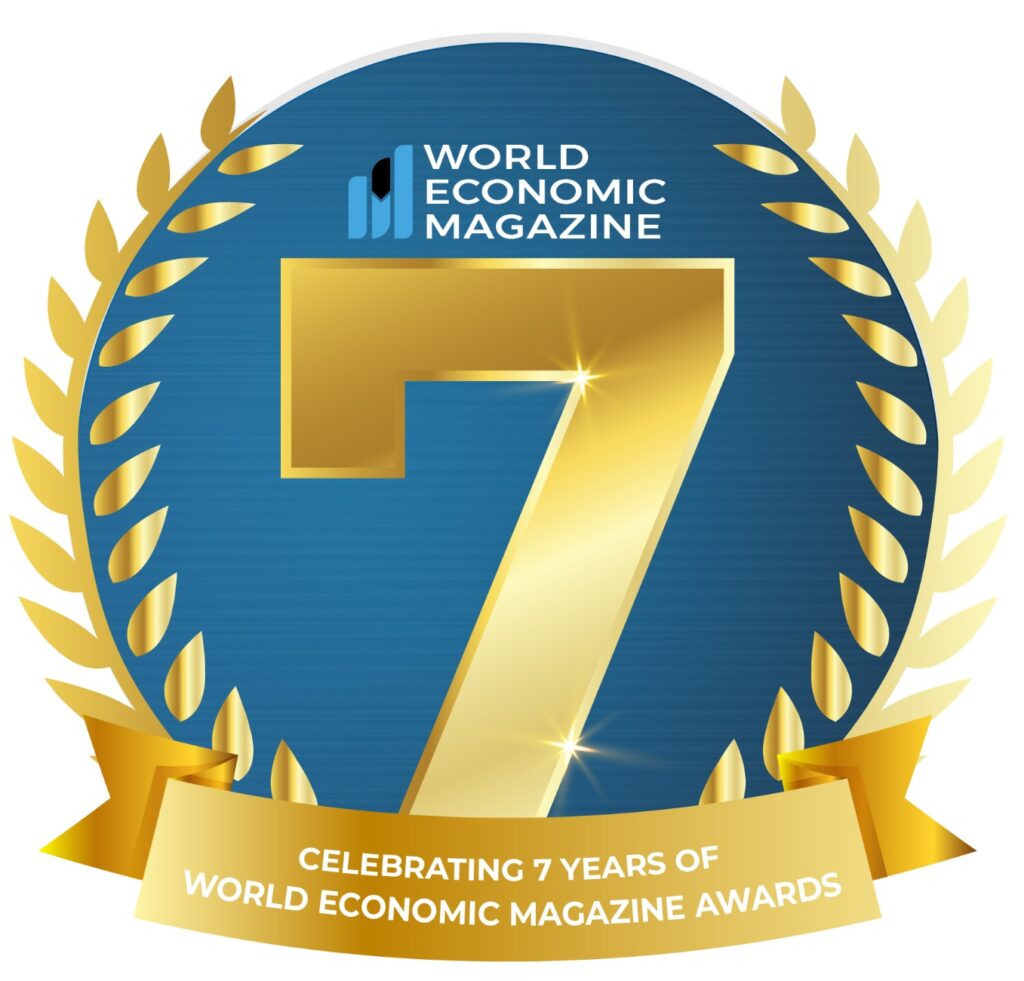
Economic Resilience Amidst Oil Output Cuts: GCC Growth Prospects
The economic outlook for Gulf Cooperation Council (GCC) nations faced a challenging second quarter of 2023, primarily attributed to reduced oil production under the OPEC+ agreement. This downturn has prompted a downward revision in growth projections for the GCC countries, casting a spotlight on the region’s resilience and diversification efforts. According to the latest Economic Insight report for the Middle East, commissioned by ICAEW and compiled by Oxford Economics, growth expectations for the GCC in 2023 have been trimmed by 0.5 percentage points, resulting in a revised growth rate of 1.4%. Despite these setbacks, the GCC region’s non-energy sectors remain robust, providing hope for economic stability and reduced reliance on oil exports.
The entire Middle East region has experienced a comparable economic slowdown, with a downward adjustment of 0.4 percentage points in GDP growth forecasts, projecting an overall growth rate of 1.7% for this year. While the energy sector faces challenges stemming from reduced oil production, non-oil activities offer encouraging signs. Businesses have reported expansions in their customer bases and employment opportunities, highlighting the resilience of non-energy sectors.
One of the notable areas demonstrating remarkable resilience in the GCC’s non-energy sector is the tourism-related industries. Data indicates a double-digit surge in segments such as transportation, storage, accommodation, and food services. Despite the oil output cuts, these industries have remained buoyant, contributing significantly to economic stability.
Recent developments in energy prices have also played a pivotal role in shaping the economic landscape. The Brent oil price surged to $90 per barrel, reaching its highest point since November 2022. Factors such as Chinese stimulus measures, robust demand from the United States, and deeper supply cuts have all contributed to this price increase. Saudi Arabia’s decision to extend its voluntary 1 million barrels per day (bpd) oil production cut until the end of the year, along with Russia’s commitment to reducing oil exports further, has led to an adjustment in oil price projections. The average Brent oil price estimate for this year has been revised to $83.10 per barrel, compared to the previous forecast of $81.5 per barrel.
Despite the challenges faced by the GCC region, there have been positive developments on the horizon. The planned inclusion of Saudi Arabia and the United Arab Emirates (UAE) into the BRICS group in the coming year holds the promise of new opportunities for increased trade and investment. This development not only fosters economic diversification but also reduces reliance on the US dollar, offering a more optimistic outlook for the region’s future.
In summary, the GCC’s economic landscape has encountered headwinds due to oil output cuts, resulting in a revision of growth projections. However, the region’s non-energy sectors, particularly tourism-related industries, have displayed remarkable resilience. The surge in energy prices, driven by various global factors, has also influenced economic dynamics. Moreover, the planned entry of Saudi Arabia and the UAE into the BRICS group signifies a potential shift in economic dynamics, presenting opportunities for growth and diversification. Despite these challenges, the GCC continues to navigate the economic landscape with determination and adaptability, ensuring its stability and sustainability.






